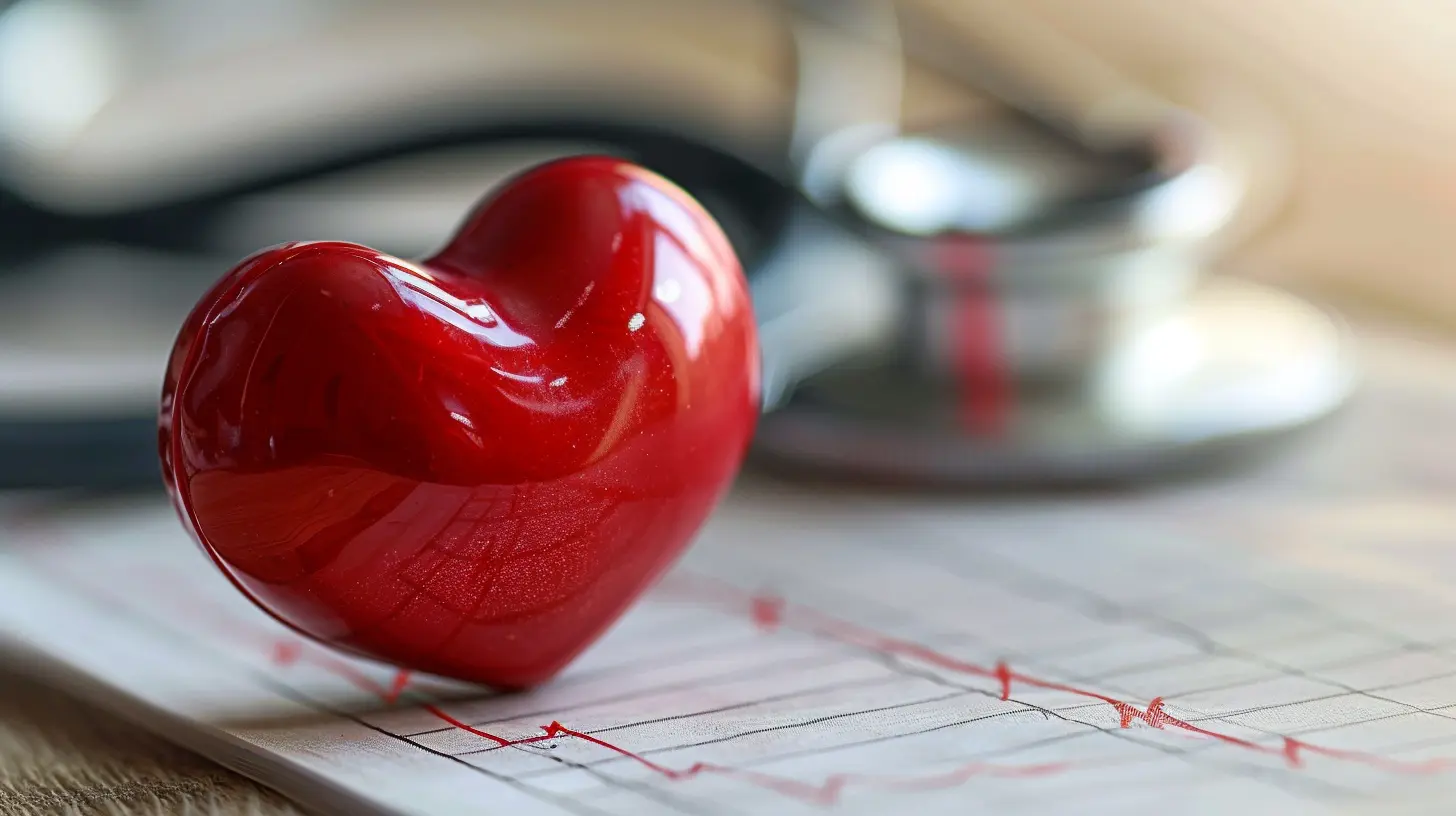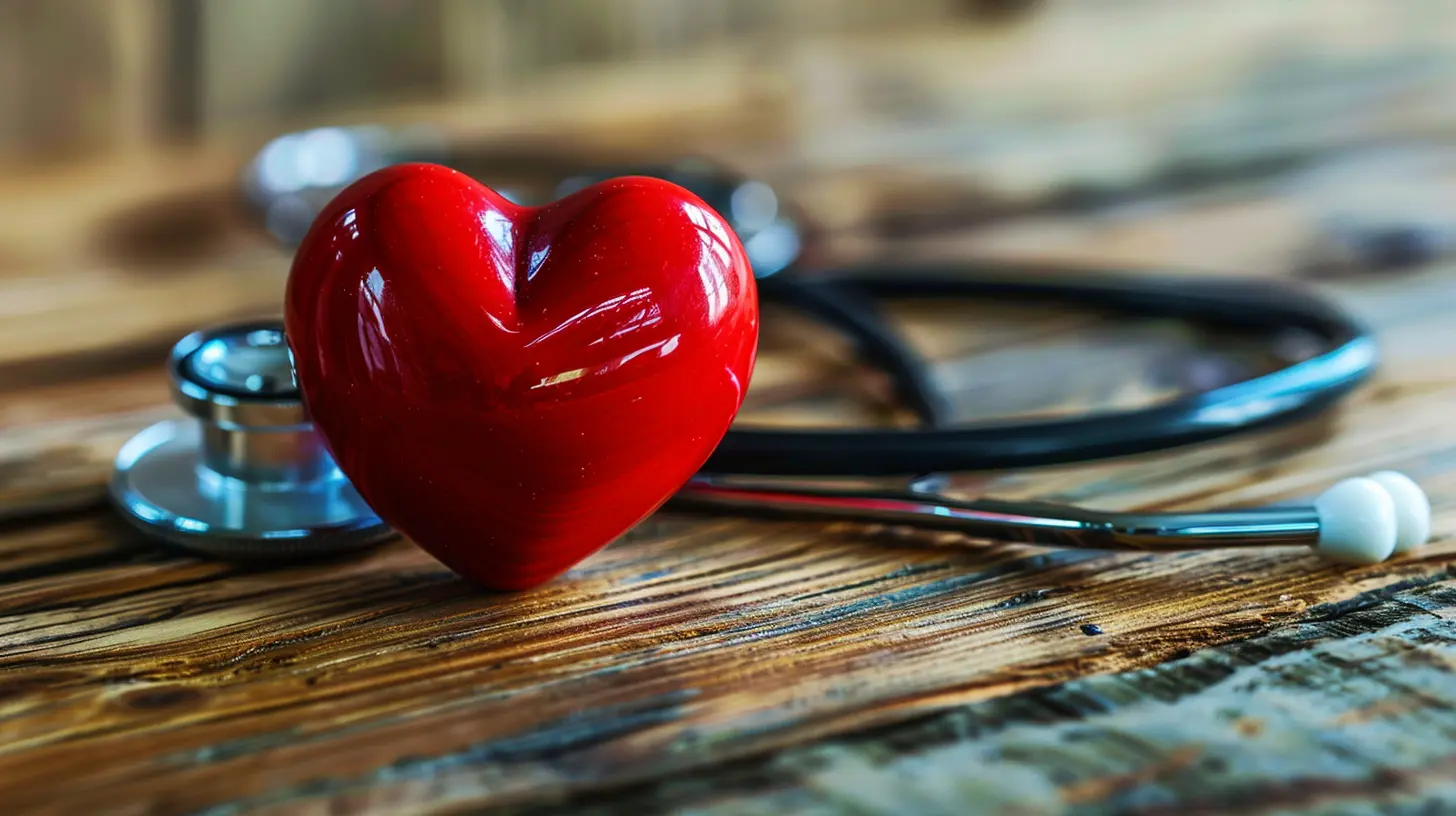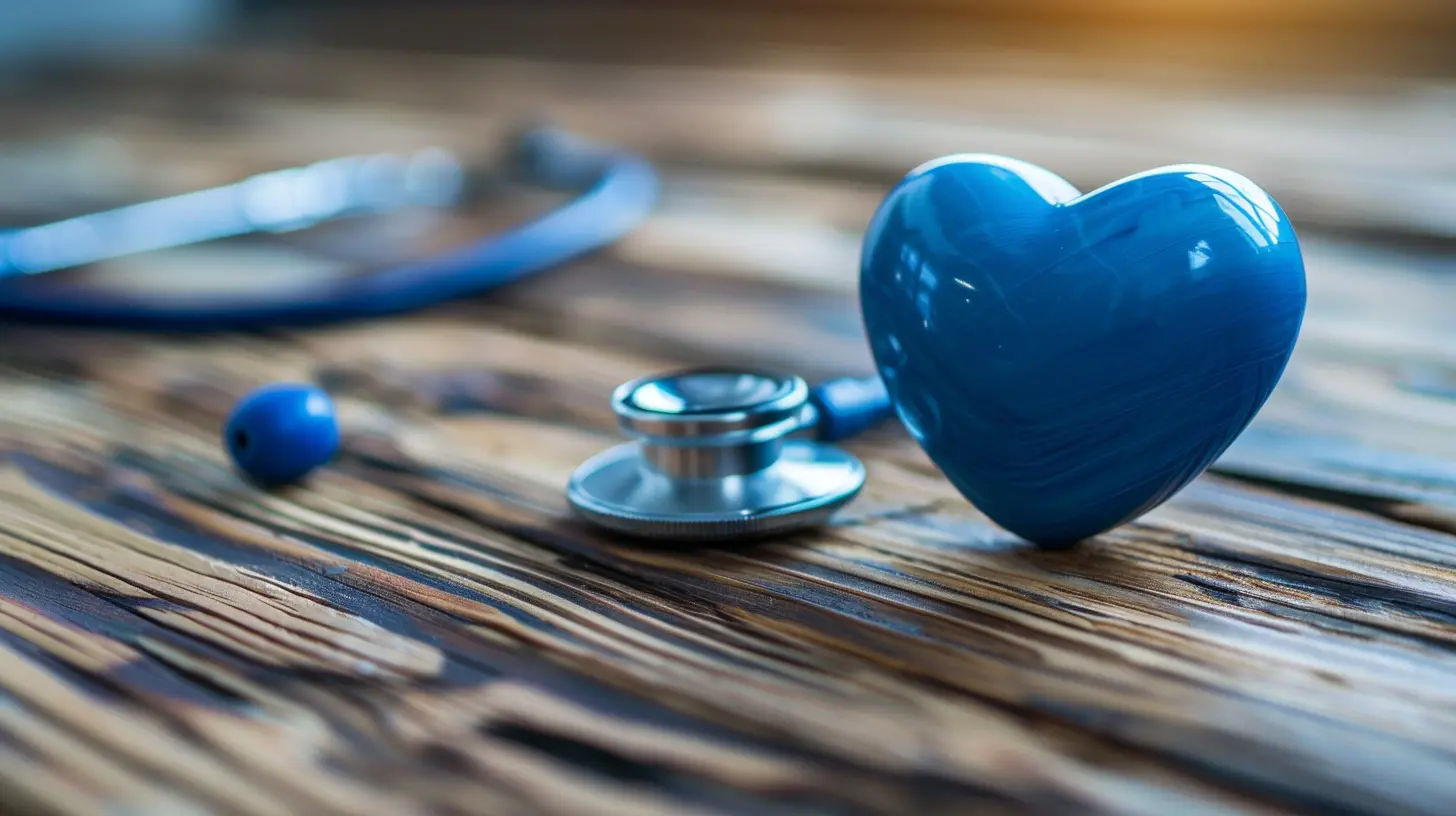Post-Heart Attack Care: Steps for a Strong Recovery
5 May 2025
Surviving a heart attack is no small feat. It's not just a wake-up call—it's a full-on alarm buzzing in your ears, telling you that something has to change. But here's the good news: with the right steps, recovery is absolutely possible. You can come back stronger, healthier, and more in control than ever before.
So, what comes next? Let’s break down exactly what post-heart attack care looks like and how you can take charge of your recovery journey.
What Happens Right After a Heart Attack?
The First 24-48 Hours: Hospital Care
Right after you’ve had a heart attack, chances are you’ll spend a few days in the hospital. Doctors will monitor your heart, adjust medications, and make sure there aren’t any immediate complications. They might run tests like an EKG or echocardiogram, and may even perform procedures like angioplasty or put in a stent to help open blocked arteries.Phase One: Stabilization and Assessment
Before you go home, your care team will assess your condition and set up a recovery game plan. This includes:- Figuring out the extent of heart damage
- Checking for other problems like high blood pressure or diabetes
- Planning your discharge and follow-up care
You’re not just going home—you’re going home with homework, and it’s all about your heart.
Step 1: Follow-Up With Your Cardiologist
Don’t ghost your doctor. Your cardiologist is your new BFF for the next several months (and maybe longer). Set up your follow-up appointments and stick to them. These check-ins help tweak your treatment plan and catch any red flags early.Why It Matters
Post-heart attack, your heart may not be working as efficiently. Constant monitoring ensures that medications are working and your heart rhythm is stable.
Step 2: Take Medications—Every Single Day
You might be prescribed a combo of medications including:- Beta-blockers – to ease the workload on your heart
- ACE inhibitors – to lower blood pressure
- Statins – to reduce cholesterol
- Aspirin or blood thinners – to prevent clots
Skipping meds isn’t an option. Think of them like a security system guarding your heart—you wouldn’t turn it off, would you?
Pro Tip:
Use a pill organizer or a phone app to remind you. It’s easy to forget in the beginning, but staying consistent is key.
Step 3: Start (and Stick to) Cardiac Rehab
Cardiac rehab isn’t just glorified gym time. It’s a medically supervised program that combines exercise, education, and counseling tailored to your needs.What You’ll Get:
- Supervised workouts to recondition your heart- Nutritional advice to clean up your diet
- Stress management support
- Group therapy or emotional counseling
It helps you rebuild your strength, confidence, and quality of life. Plus, studies show it can lower your risk of a second heart attack by up to 30%.
Worried About Exercise?
Don’t be. You won’t be doing marathons on day one. You’ll start slow—think walking on a treadmill or gentle cycling—and gradually build up.Step 4: Clean Up Your Diet
This one’s a game-changer. You can’t out-medicate a bad diet. If cheeseburgers and fries were your go-to before, it’s time for a heart-healthy overhaul.The Heart-Healthy Diet Checklist:
- More Fruits & Veggies: Aim for a rainbow on your plate.- Whole Grains Over Refined: Think oats, quinoa, brown rice.
- Healthy Fats Only: Ditch trans fats. Switch to olive oil, avocado, or nuts.
- Lean Proteins: Fish, chicken, beans, and legumes are your new best friends.
- Low Sodium: Salt is sneaky—read labels and stay under 2,300 mg/day.
Need help? A registered dietitian can create a plan that works for your lifestyle.
Step 5: Kick the Habits That Hurt
Let’s talk cold turkey. If you're still smoking or drinking excessively, it’s like poking your heart with a stick every day.Smoking
Quitting smoking is hands down the best thing you can do for your heart. Period.- Within 24 hours, your heart attack risk drops.
- In a year, it's half that of a smoker.
- In five years… it's like you never smoked at all.
There are resources out there—patches, pills, support groups. You don’t have to go it alone.
Alcohol
Moderation is key. If you drink, limit it to:- 1 drink daily for women
- 2 drinks daily for men
Or better yet? Talk to your doctor about whether drinking is even safe for you post-heart attack.
Step 6: Manage Stress Like a Pro
Stress isn’t just a mental thing—it’s physical. It increases your blood pressure, makes your heart beat faster, and can trigger another cardiac event.Ways to Reduce Stress:
- Daily Movement: Even a 15-minute walk helps.- Meditation or Deep Breathing: Try it first thing in the morning.
- Therapy: There’s no shame in talking it out.
- Journaling: Sometimes you just need to brain-dump.
Life doesn’t stop being stressful, but how you handle it can change everything.
Step 7: Get Enough Sleep
This one’s underrated but super important. Poor sleep = poor heart health. Aim for 7-9 hours of quality sleep per night.Tips for Better Sleep:
- Keep a consistent sleep schedule.- Cut out caffeine after 2 p.m.
- Limit screen time an hour before bed.
- Make your bedroom a sleep sanctuary.
If sleep apnea or insomnia is an issue, don’t shrug it off—get a sleep study done.
Step 8: Know the Warning Signs of a Second Heart Attack
Unfortunately, having one heart attack means you're more at risk for another. Familiarize yourself with the warning signs:- Chest pain or tightness
- Shortness of breath
- Nausea or cold sweat
- Pain in the neck, jaw, arm, or back
- Sudden fatigue or lightheadedness
If you feel off, don’t tough it out. Get help immediately. It's better to be safe than sorry.
Step 9: Build a Support System
Recovery isn’t a solo mission. Talk to family, friends, or join a local support group. Having someone to lean on makes a huge difference.Why You Need a Tribe:
- They can help you stay accountable.- Talking about fears reduces anxiety.
- Shared experiences = emotional healing.
You might even meet someone who’s been in your shoes and can offer real, relatable advice.
Step 10: Embrace a New Lifestyle—Not a Temporary Fix
Here’s the tough love: you can’t go back to your old ways. Recovery isn’t a sprint or a juice cleanse—it’s a lifestyle marathon.Make It Stick With:
- Small, sustainable changes- Routine check-ins with your doctor
- Celebrating milestones (yes, even the little wins!)
- Staying informed and proactive about your health
No one expects perfection, but consistency is your best friend. Every healthy choice adds up.
Final Thoughts
Having a heart attack is scary—no sugarcoating that. But it's also a fresh start. A chance to right the ship, rethink your habits, and come out stronger than ever.If you're feeling overwhelmed, that’s okay. Start with one step. Then another. And before you know it, you’ll not just be recovering—you’ll be thriving.
You’ve got this.
all images in this post were generated using AI tools
Category:
Heart HealthAuthor:

Arthur McKeever
Discussion
rate this article
4 comments
Kingston Mahoney
Recovery is not just physical. It’s a journey to reclaim life and redefine well-being.
June 1, 2025 at 4:36 PM

Arthur McKeever
Absolutely! Recovery encompasses emotional, mental, and social well-being, making it a holistic journey toward a healthier life. Thank you for highlighting this important aspect!
Cecilia Cruz
Prioritize regular check-ups, balanced nutrition, and emotional support for a successful recovery journey.
May 20, 2025 at 2:27 PM

Arthur McKeever
Thank you for highlighting these essential aspects of recovery! Regular check-ups, balanced nutrition, and emotional support are indeed vital for a successful healing process.
Gavin Whitaker
Recovery is a journey, not a race! Embrace each step, stay positive, and remember—every small victory brings you closer to a healthier heart!
May 12, 2025 at 2:26 AM

Arthur McKeever
Thank you for your insightful comment! Embracing the journey and celebrating each victory is essential for a strong recovery.
Dominic Rivera
Post-heart attack care is crucial for recovery. Focus on medication adherence, lifestyle changes like healthy eating and regular exercise, and attend follow-up appointments for optimal heart health and support.
May 6, 2025 at 2:27 AM

Arthur McKeever
Thank you for emphasizing the importance of medication adherence, lifestyle changes, and follow-up appointments in post-heart attack care. These steps are vital for a successful recovery and long-term heart health.



